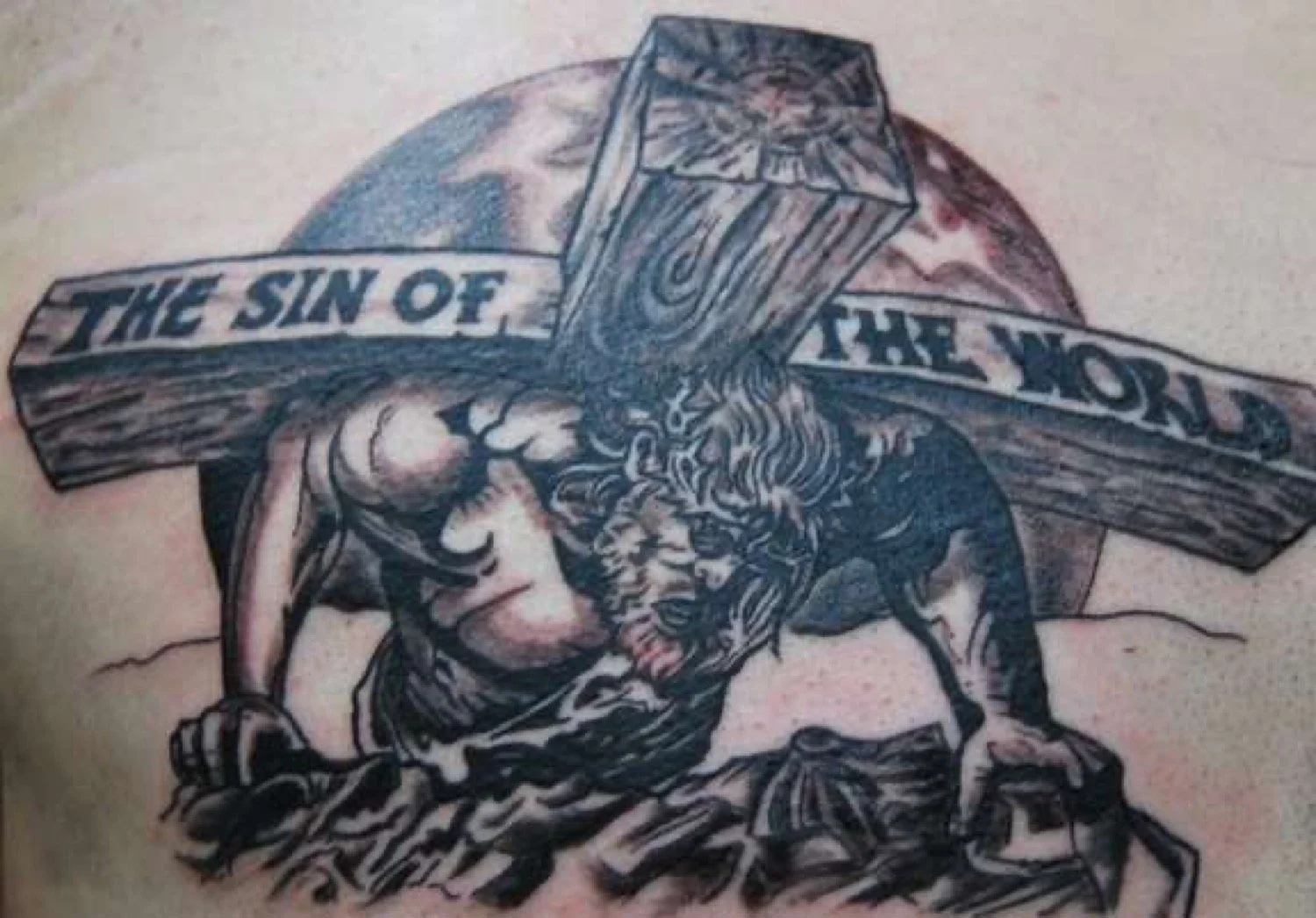Readings for today: Ezekiel 21-24
One of the biggest challenges we have to overcome...especially when we read the Old Testament...is out tendency to see ourselves as neutral, third-party observers. We read the words and then decide if we believe them to be true or not. We think of ourselves as dispassionate, rational, and objective. We stand outside the biblical story. We take the parts we like and we jettison the parts we don’t like. We believe we have options. We believe we get to determine what’s true for us. And we cling on to those passages that help us understand how we are to be saved. It’s a highly individualistic, highly rationalistic, thoroughly Western, uniquely Protestant approach to engaging the Bible. And it would have been utterly foreign to the biblical writers themselves.
Ezekiel sees himself as part of one long continuous story that harkens all the way back to Adam and Eve in the Garden of Eden. He sees himself playing a very minor role in the grand sweep of God’s epic tale of deliverance and salvation. He understood himself to be caught up in this story. His life as one thread in a much larger tapestry. His job as a Jewish man, much less a prophet of God, was to find his place in this story. To play his part. To do the work his God had called him to do. So as he surveys the landscape of what’s happening around him. As he looks to the heavens and charts the courses of the stars or ponders the rise and fall of the great empires around the Ancient Near East or considers the desperate straights of his own people; he interprets all of these things from a theological perspective. He tries to discern God’s hand in all that’s taking place. Tragically, this includes the death of his own wife.
“Son of man, behold, I am about to take the delight of your eyes away from you at a stroke; yet you shall not mourn or weep, nor shall your tears run down.” (Ezekiel 24:16) I cannot imagine the pain Ezekiel must feel at the loss of his beloved. We do not know much about their relationship but the fact that God Himself calls her the “delight” of Ezekiel’s eyes probably says much. Their love must have been strong. Their intimacy deep. And yet when she passes, Ezekiel is not allowed to mourn. This may strike us as a little weird but for Ezekiel’s contemporaries it would have been shocking. Jewish culture is highly expressive when it comes to grief. People in those days would literally hire professional mourners to weep and wail alongside those who had lost loved ones so they wouldn’t feel ashamed to express their pain and heartbreak. Funerals would last for days and involve the whole community. Food would be eaten. Stories shared. Tears cried. It was a powerful, visceral ritual designed to help those who had lost loved ones process their grief. But Ezekiel is denied this experience. Why?
Why would God treat his prophet in this way? How could Ezekiel see God’s hand in all this? What in the world made Ezekiel think that God was calling him NOT to grieve! NOT to mourn! NOT to weep? Again, it comes back to how Ezekiel understood himself. He lives within a much larger story that is unfolding over the centuries. God making Himself known to His people. God walking alongside His people. God relating to His people. Ezekiel understands all of life to be lived under the sovereign Lordship of Yahweh. Not just in the abstract but in the everyday. Ezekiel believed God was at work in every moment of his life. Every experience. Every success. Every failure. Every joy. Every pain. God ruled over it all and God was using it all for His purposes. So when his wife dies, Ezekiel somehow understands this to be yet another sign from God to His people. Ezekiel’s own life. Ezekiel’s own heartbreak will be used to demonstrate the depth of God’s heartbreak and grief over the sins of His people. “Thus shall Ezekiel be to you a sign; according to all that he has done you shall do. When this comes, then you will know that I am the Lord God.” (Ezekiel 24:24)
I know this sounds very strange to our ears and yet it is the key to understanding the Bible. It is the key to understanding why the people in the Bible did the things they did. It is the key to understanding why Noah built an ark. Sarah’s laughter. Abraham going up a mountain to sacrifice his son. Moses confronting Pharoah. Joshua renewing the covenant. Deborah’s song. Samuel hearing God’s voice. David dancing before the ark. The religious reforms of Hezekiah and Josiah. The tears of Jeremiah. All of these great men and women believed their lives were not their own. They believed they were instruments in God’s hands to use as He saw fit for His own purposes and glory. They had no identity outside of God. No independent existence apart from Him. They had no story to call their own. No, their lives were completely wrapped up in the much larger story God was telling about deliverance and salvation and redemption and final restoration! That’s why Ezekiel could look at the death of his wife through a theological lens, even seeing it as yet another prophetic sign for God’s people.
Imagine how your perspective on life would change if you saw the world through Ezekiel’s eyes! Imagine seeing God’s hand at work in every instance. Every encounter. Every experience good or bad. Imagine seeing God’s purpose behind every success or failure. Every joy or sorrow. Every moment of every day. Imagine it was God speaking to you through every conversation. God teaching you and humbling you through every trial and hardship. Imagine God showing you His faithfulness as He gives you far more than you can handle. This, friends, is one of the deep and most profound messages running from Genesis to Revelation. God attempting to give us His eternal perspective. God trying to help see things from His point of view. From the vantage point of God’s eternal kingdom, everything changes. The rise and fall of nations. The 24 news cycle. The triumphs and tragedies of life. The ordinary and mundane. All of it transformed. Impregnated with eternal significance -or insignificance as it were - in God’s hands.
If only Ezekiel were alive today! I think he’d say, “Don’t weep for me. Weep for the world. Weep for the lack of faith. The pervasiveness of sin. The rise of evil. The brokenness of God’s people. Save your tears for the coming judgment of God.”
Readings for tomorrow: Ezekiel 25-28




